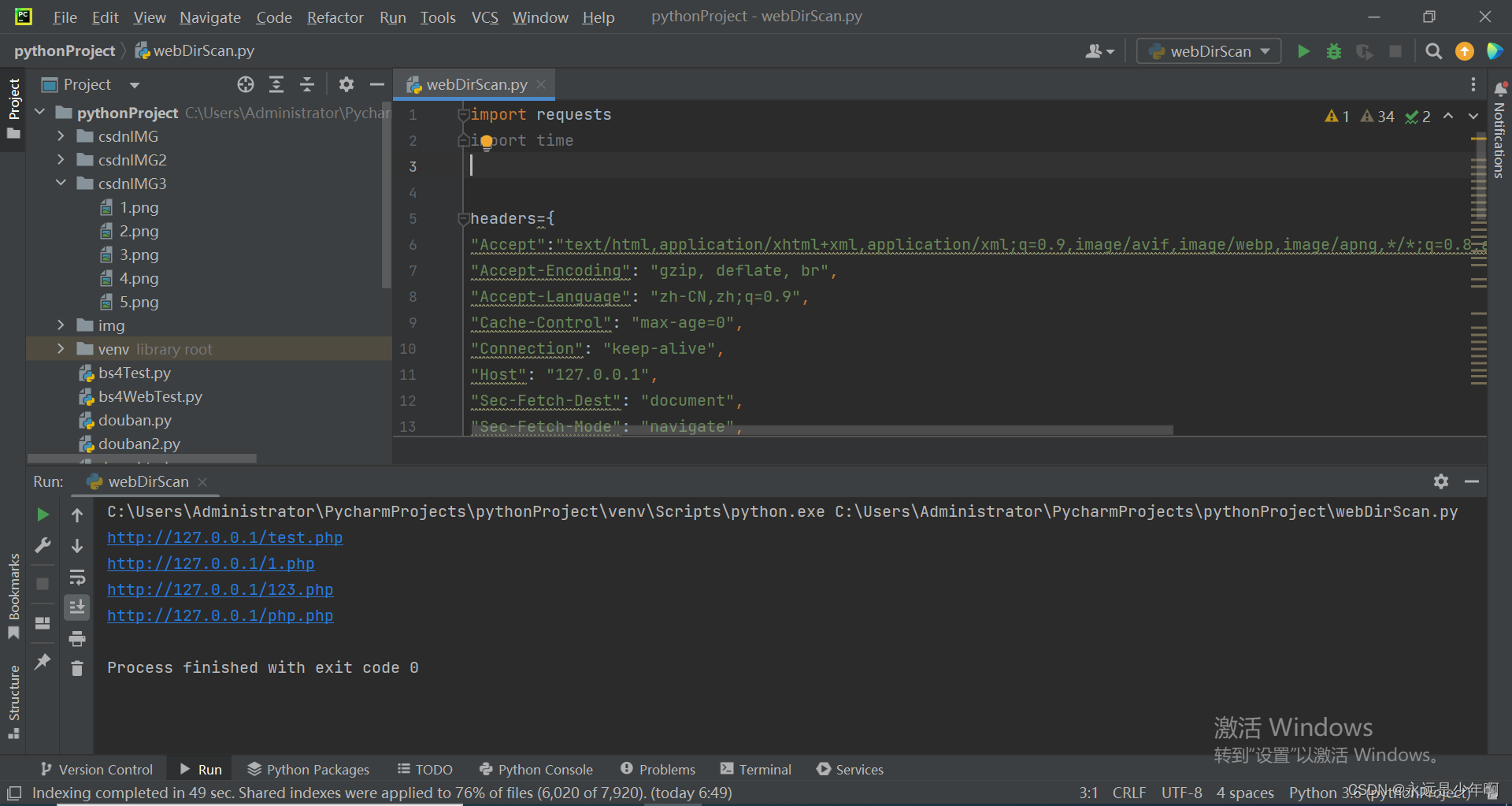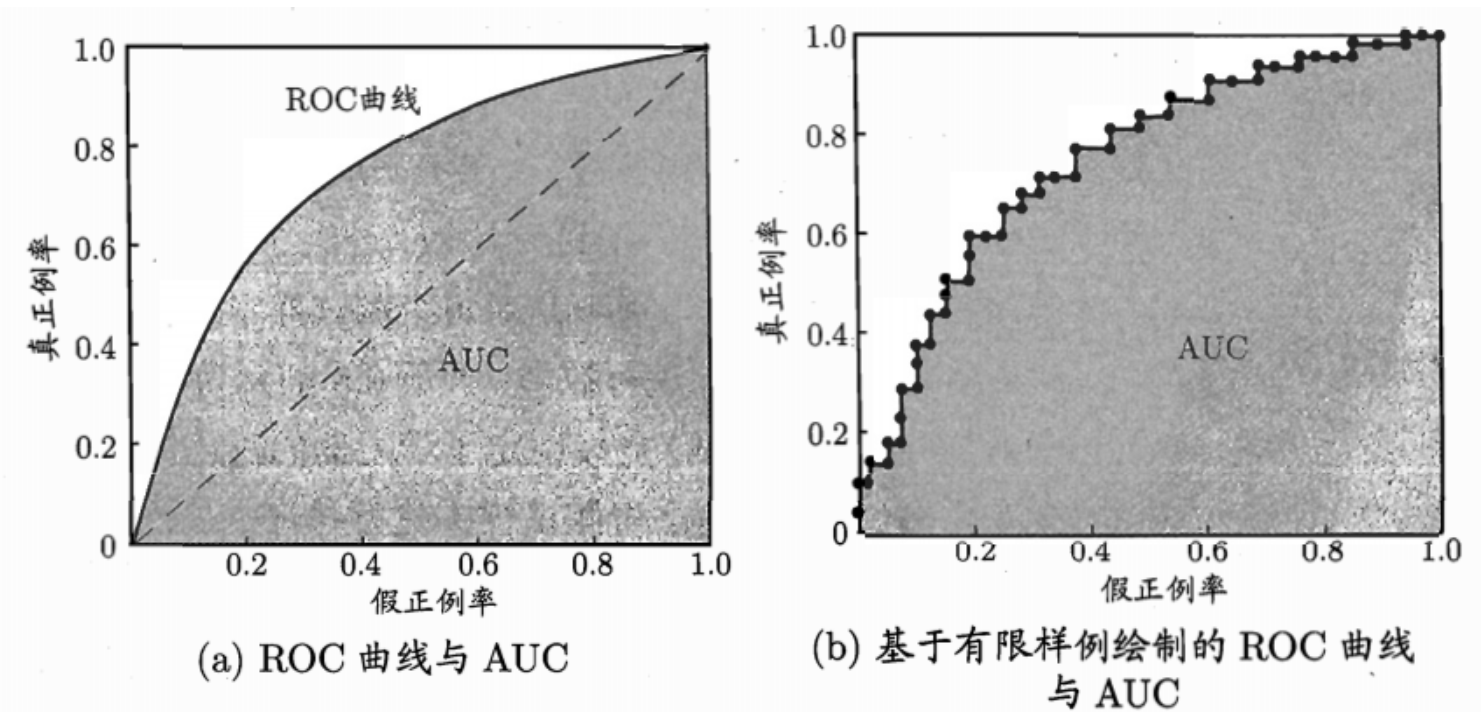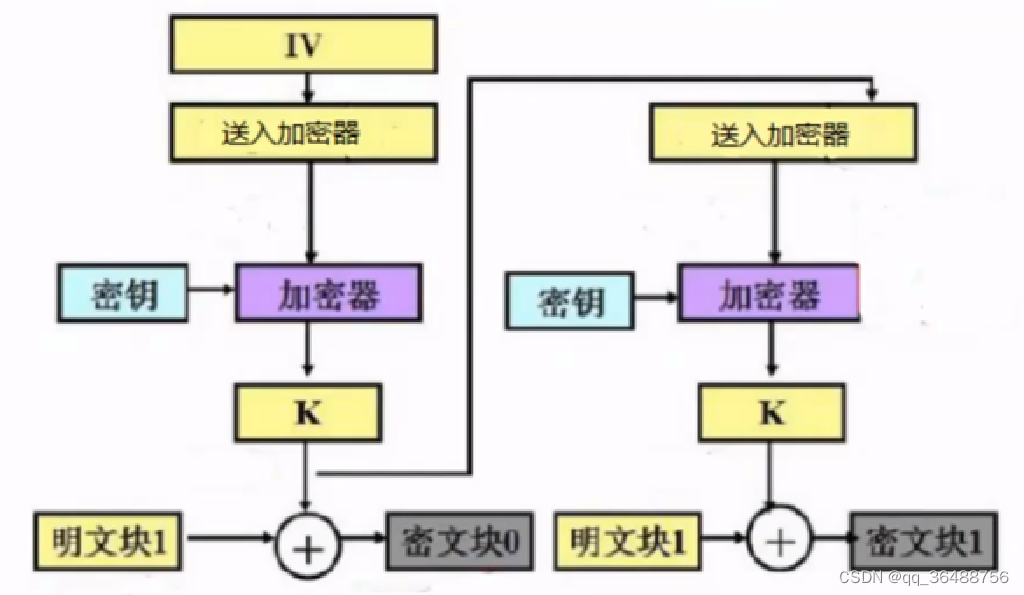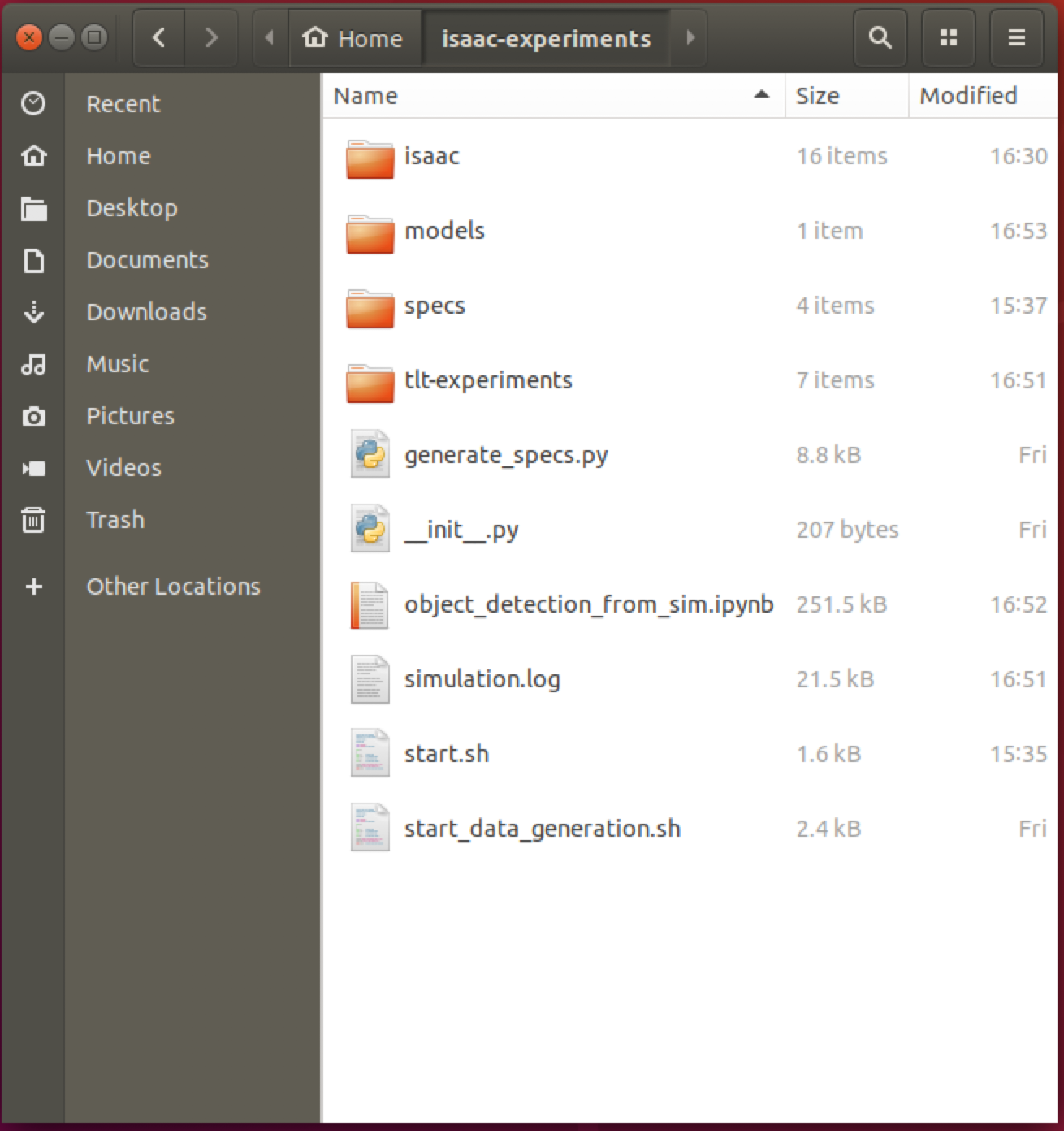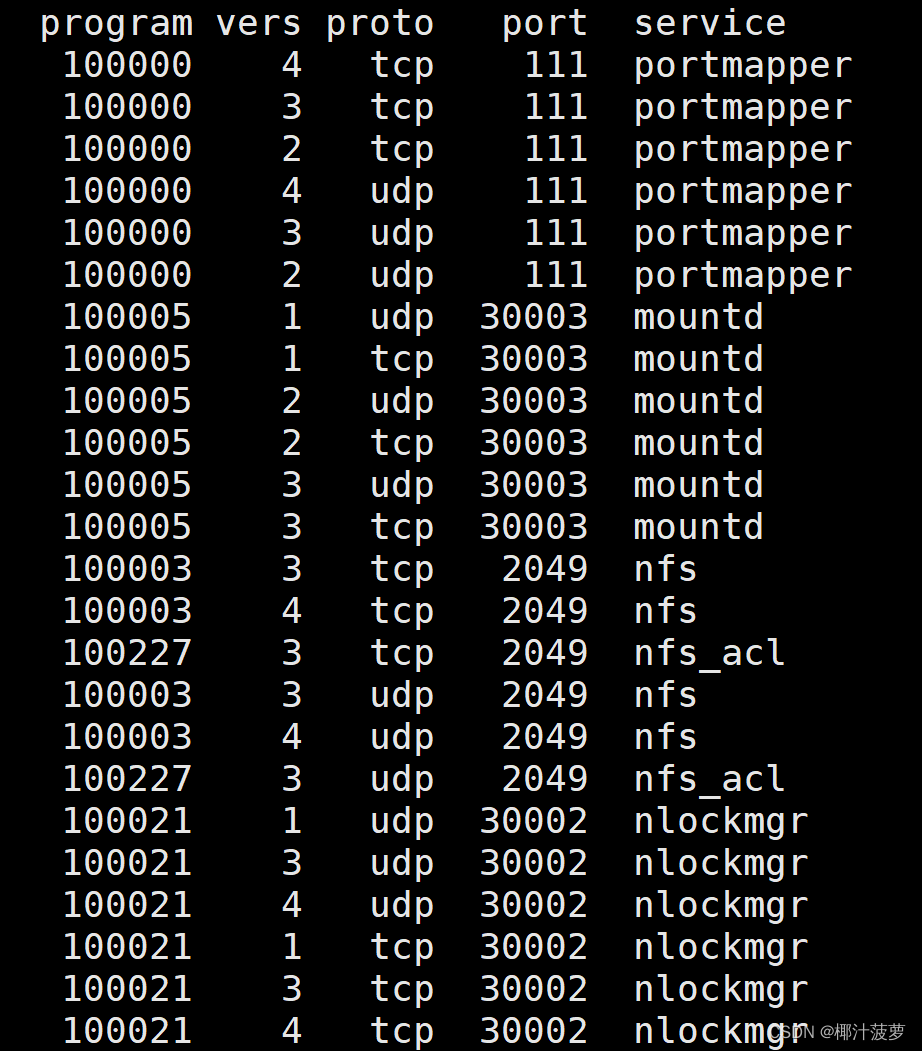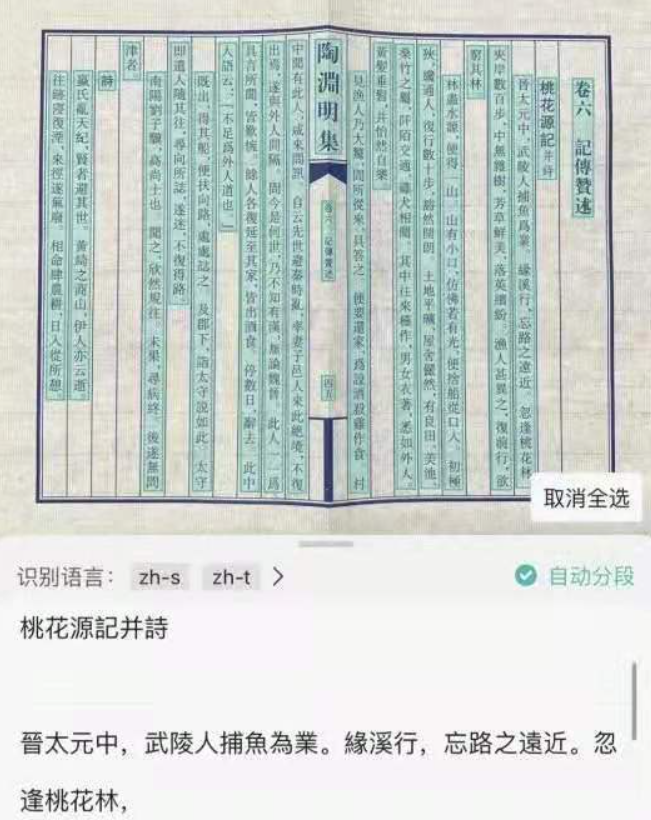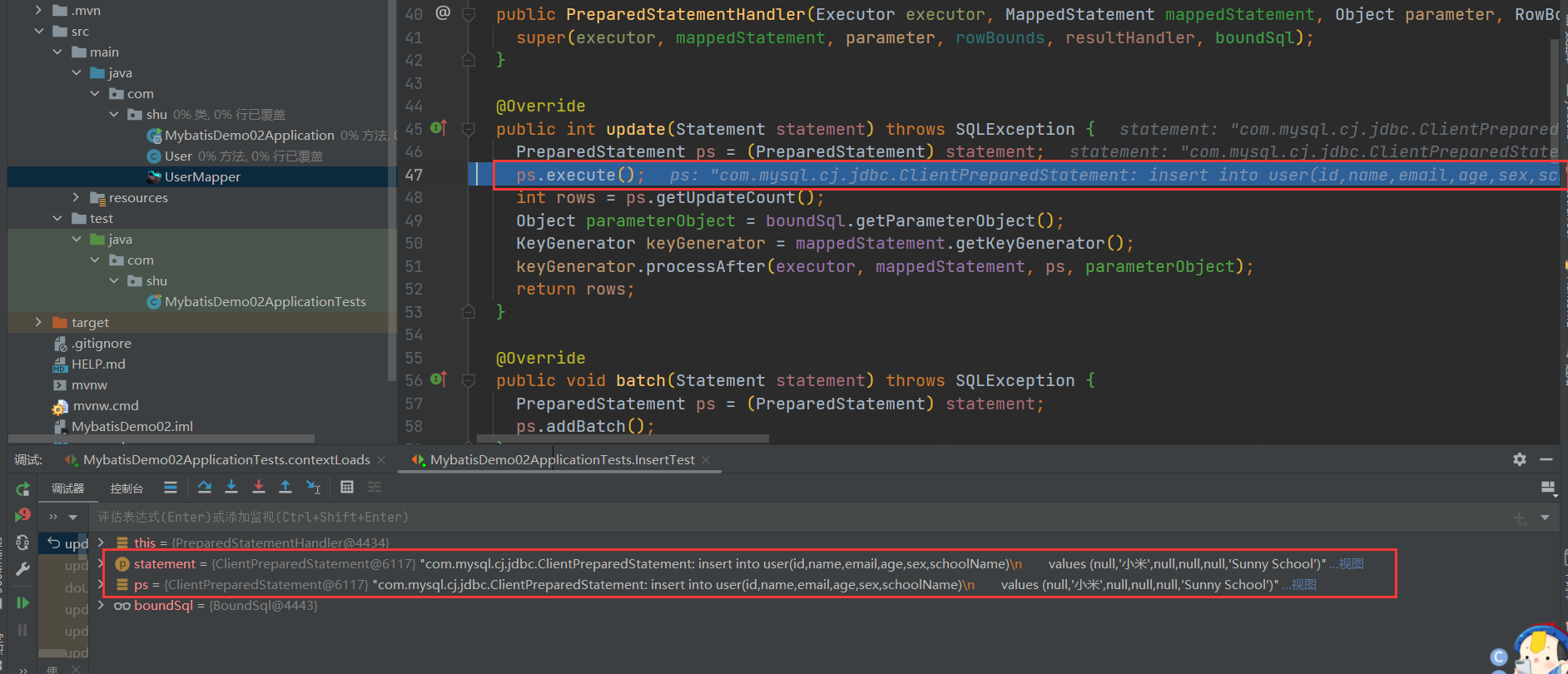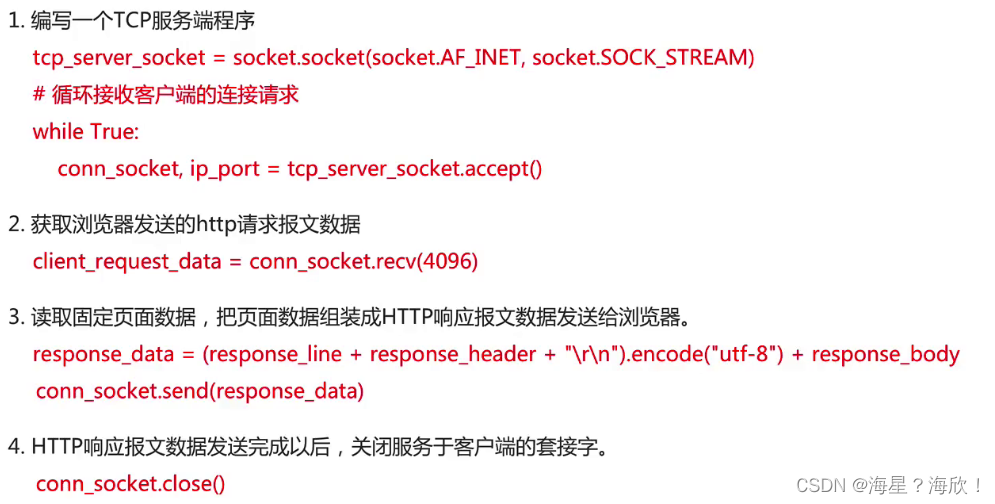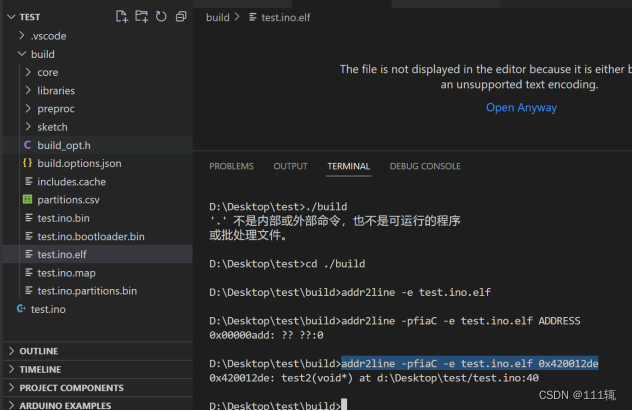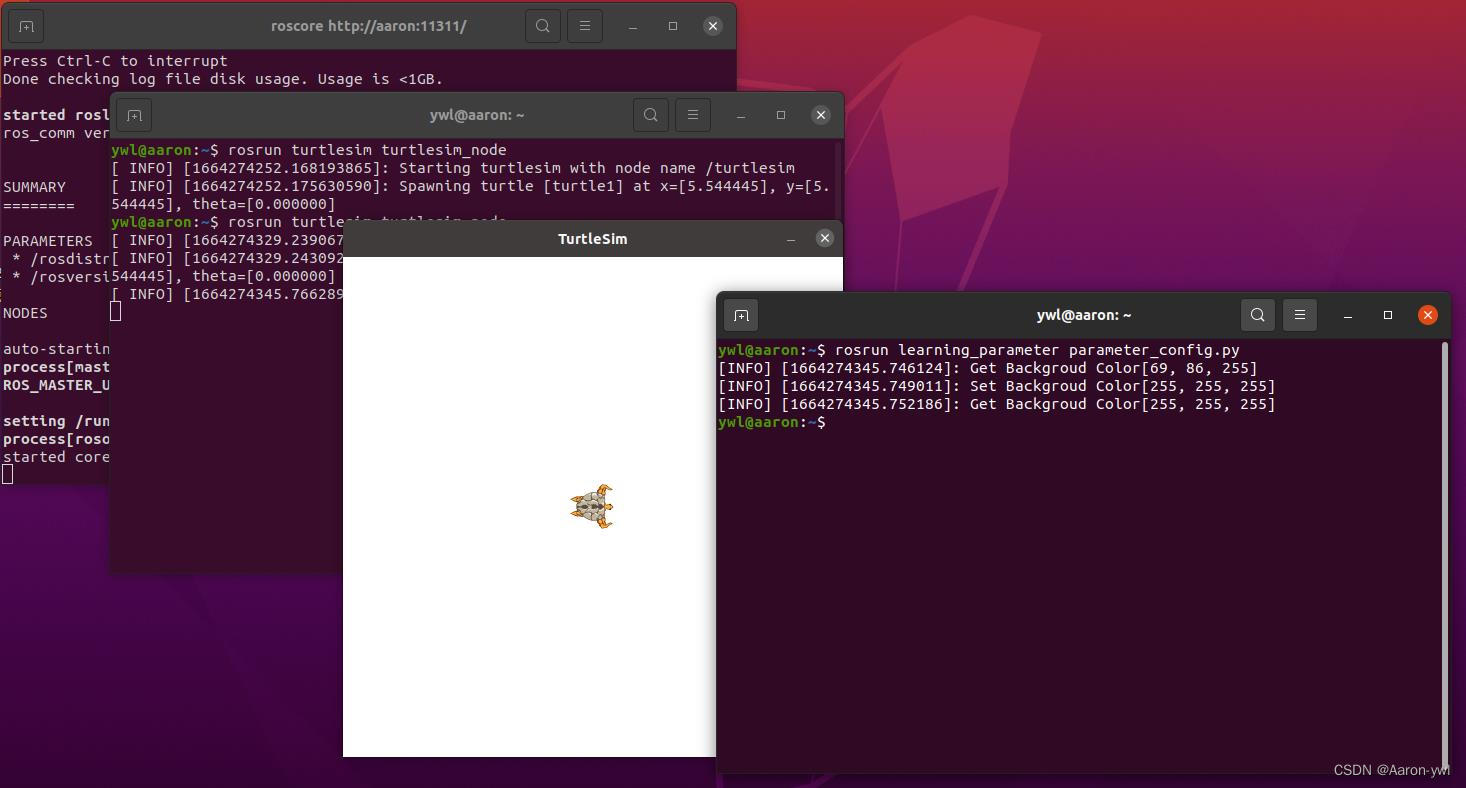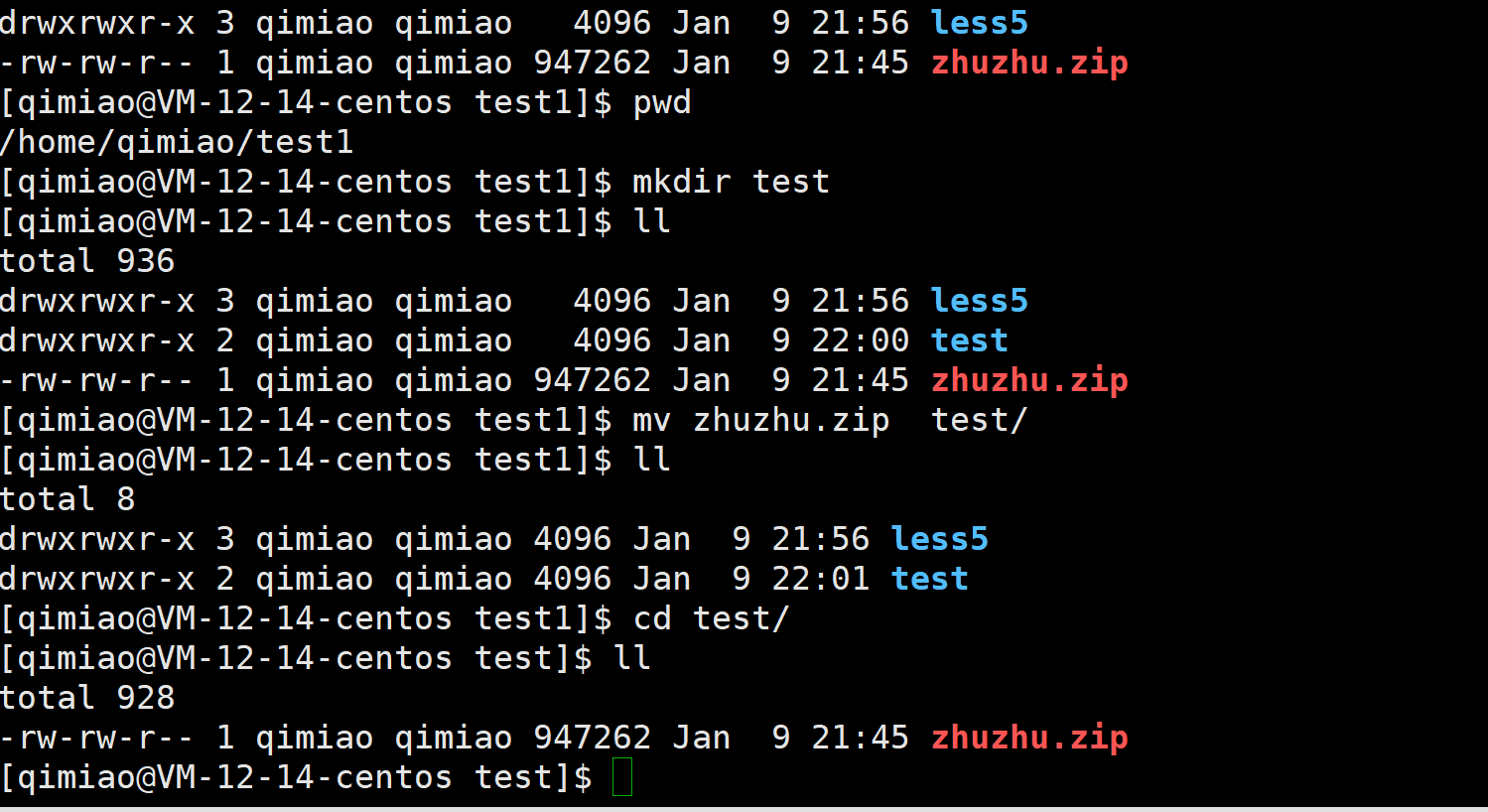1:存储函数
1.1:介绍
存储函数是有返回值的存储过程,存储函数的参数只能是IN类型的。具体语法如下:
CREATE FUNCTION 存储函数名称 ([ 参数列表 ])
RETURNS type [characteristic ...]
BEGIN
-- SQL语句
RETURN ...;
END ;characteristic说明:
DETERMINISTIC:相同的输入参数总是产生相同的结果
NO SQL :不包含 SQL 语句。
READS SQL DATA:包含读取数据的语句,但不包含写入数据的语句。
1.2:案例
计算从1累加到n的值,n为传入的参数值。
create function fun1(n int)
returns int deterministic
begin
declare total int default 0;
while n>0 do
set total := total + n;
set n := n - 1;
end while;
return total;
end;
select fun1(50);在mysql8.0版本中binlog默认是开启的,一旦开启了,mysql就要求在定义存储过程时,需要指定 characteristic特性,否则就会报如下错误:

2:触发器
2.1:介绍
触发器是与表有关的数据库对象,指在insert/update/delete之前(BEFORE)或之后(AFTER),触 发并执行触发器中定义的SQL语句集合。触发器的这种特性可以协助应用在数据库端确保数据的完整性 , 日志记录 , 数据校验等操作 。 使用别名OLD和NEW来引用触发器中发生变化的记录内容,这与其他的数据库是相似的。现在触发器还 只支持行级触发,不支持语句级触发。
2.2:语法
触发器类型 | NEW 和 OLD |
INSERT 型触发器 | NEW 表示将要或者已经新增的数据 |
UPDATE 型触发器 | OLD 表示修改之前的数据 , NEW 表示将要或已经修改后的数据 |
DELETE 型触发器 | OLD 表示将要或者已经删除的数据 |
1). 创建
CREATE TRIGGER trigger_name
BEFORE/AFTER INSERT/UPDATE/DELETE
ON tbl_name FOR EACH ROW -- 行级触发器
BEGIN
trigger_stmt ;
END;2). 查看
SHOW TRIGGERS ;3). 删除
DROP TRIGGER [schema_name.]trigger_name ; -- 如果没有指定 schema_name,默认为当前数
据库 。2.3:案例
通过触发器记录 tb_user 表的数据变更日志,将变更日志插入到日志表user_logs中, 包含增加, 修改 , 删除 ; 表结构准备:
-- 准备工作 : 日志表 user_logs
create table user_logs(
id int(11) not null auto_increment,
operation varchar(20) not null comment '操作类型, insert/update/delete',
operate_time datetime not null comment '操作时间',
operate_id int(11) not null comment '操作的ID',
operate_params varchar(500) comment '操作参数',
primary key(`id`)
)engine=innodb default charset=utf8;A. 插入数据触发器
create trigger tb_user_insert_trigger
after insert on tb_user for each row
begin
insert into user_logs(id, operation, operate_time, operate_id, operate_params)
VALUES
(null, 'insert', now(), new.id, concat('插入的数据内容为:
id=',new.id,',name=',new.name, ', phone=', NEW.phone, ', email=', NEW.email, ',
profession=', NEW.profession));
end;测试:
-- 查看
show triggers ;
-- 插入数据到tb_user
insert into tb_user(id, name, phone, email, profession, age, gender, status,
createtime) VALUES (26,'三皇子','18809091212','erhuangzi@163.com','软件工
程',23,'1','1',now());测试完毕之后,检查日志表中的数据是否可以正常插入,以及插入数据的正确性。 B. 修改数据触发器
create trigger tb_user_update_trigger
after update on tb_user for each row
begin
insert into user_logs(id, operation, operate_time, operate_id, operate_params)
VALUES
(null, 'update', now(), new.id,
concat('更新之前的数据: id=',old.id,',name=',old.name, ', phone=',
old.phone, ', email=', old.email, ', profession=', old.profession,
' | 更新之后的数据: id=',new.id,',name=',new.name, ', phone=',
NEW.phone, ', email=', NEW.email, ', profession=', NEW.profession));
end;测试:
-- 查看
show triggers ;
-- 更新
update tb_user set profession = '会计' where id = 23;
update tb_user set profession = '会计' where id <= 5;测试完毕之后,检查日志表中的数据是否可以正常插入,以及插入数据的正确性。 C. 删除数据触发器
create trigger tb_user_delete_trigger
after delete on tb_user for each row
begin
insert into user_logs(id, operation, operate_time, operate_id, operate_params)
VALUES
(null, 'delete', now(), old.id,
concat('删除之前的数据: id=',old.id,',name=',old.name, ', phone=',
old.phone, ', email=', old.email, ', profession=', old.profession));
end;测试:
-- 查看
show triggers ;
-- 删除数据
delete from tb_user where id = 26;测试完毕之后,检查日志表中的数据是否可以正常插入,以及插入数据的正确性。

